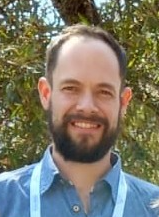Research@Zoology
Home » Faculties of Science » Departments » Zoology »Researcher Profiles
Prof. Cobus van Dyk (Head of Department)
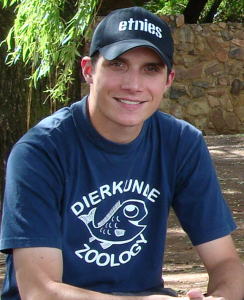
My research is in the field of aquatic toxicology and fish health, with a special focus on histopathology and general toxicological pathology of freshwater fish. Current projects, including those of my postgraduate students, include fish health surveys in the polluted Roodeplaat Dam system, with emphasis on hepatic pre-neoplastic lesions, as well as fish health surveys in Rietvlei Nature Reserve, investigating the reproductive health of fish.
- Email (@uj.ac.za): cvandyk
- NRF rating: C
- UJ Research summary
- Google Scholar Profile
- ORCiD Profile
- Scopus Profile
Prof. John Maina
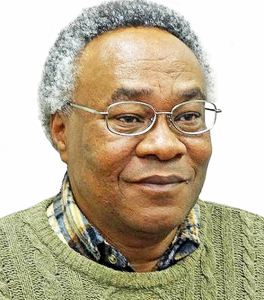
I am a veterinarian by profession. I was educated at the University of Nairobi and the University of Liverpool, and have worked at the Universities of Nairobi (Kenya), Witwatersrand (South Africa) and Johannesburg (South Africa). My research activity is in the area of ‘comparative respiratory morphology’. I have written five books and published extensively in my research field.
- Email (@uj.ac.za): jmaina
- NRF rating: A
- UJ Research summary
- Google Scholar Profile
- ORCiD Profile
- ResearchGate
Prof. Richard Greenfield
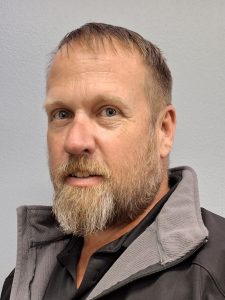
I am the current president of the Southern African Society of Aquatic Scientists, and also a registered Professional Natural Scientist in the field of Zoology. My research focuses on ecotoxicology with a specific interest in metal contamination and microplastics in aquatic ecosystems. The research looks specifically at the fate of microplastics in the environment, the distribution and characterisation of the various plastic polymers and the contaminants adsorbed to them. Through biomonitoring, I also investigate the potential movement of microplastics through the food chain while assessing aquatic ecosystem health.
- Email (@uj.ac.za): rgreenfield
- NRF rating: C
- UJ Research summary
- Google Scholar Profile
- ORCiD Profile
- ResearchGate
Prof. Annemariè Avenant-Oldewage
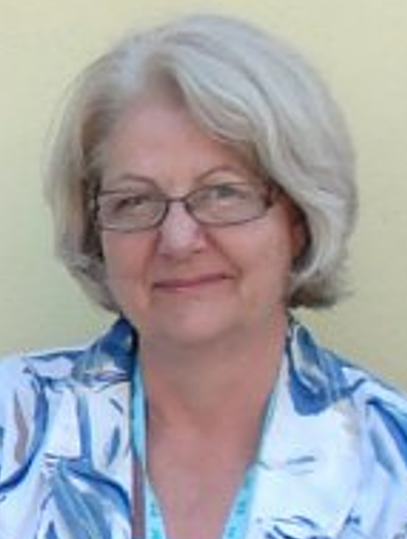
My research focuses on using fish parasites as sentinels of environmental degradation. This includes the impact on fish parasite biodiversity, the intensity of infection and analysing of parasites as accumulators of metals. We confirm the parasite identity applying an integrated approach including morphology and DNA analysis, which results in redescriptions of species and descriptions. The work on the Branchiura resulted in a Monograph on the group and co-publications with various colleagues from Brazil. I studied the morphology and anatomy of various Crustacean genera, focussing particularly on the wound inflicting structures related to pathology, and the reproductive systems and morphological transformation of life stages.
- Email (@uj.ac.za): aoldewage
- UJ Research summary
- NRF rating: B
Prof. Francois Durand
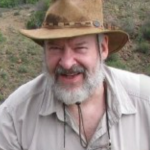
I am a paleontologist and an ecologist, and have done research on cave and groundwater ecology. Over the past years, I have switched my attention to insects, sustainability and climate change.
- Email (@uj.ac.za): fdurand
- Google Scholar Profile
- ResearchGate
Prof. Peter Teske
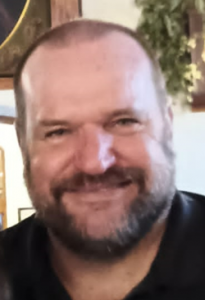
I am a geneticist who uses cutting-edge molecular technology (genomics, transcriptomics, metabarcoding and metagenomics) to study marine and freshwater species. Research aims include improving the management of threatened and exploited species, and documenting biodiversity.
- Email (@uj.ac.za): prteske
- NRF rating: B
- UJ Research summary
- Google Scholar Profile
- ORCiD Profile
- Scopus Profile
- ResearchGate
Dr Tarryn Lee Botha

My research forms part of the South African Department of Science and Innovation (DSI) Nanotechnology Health Safety and Environmental NanoRisk Platform. This platform is part of the DSIs strategy of supporting systematic research in investigating the potential adverse effects of nanomaterials on the environment and determining mitigating techniques. Also, it aims to support the National Nanotechnology Strategy currently in implementation phase to ensure safe, responsible, and sustainable nanotechnology development and applications in South Africa.
- Email (@uj.ac.za): tarrynb
- NRF rating: Y
- UJ Research summary
- Google Scholar Profile
- ORCiD Profile
- Scopus Profile
- ResearchGate
- Loop
Dr Matthew Bird
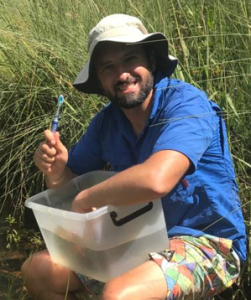
My main interests focus on the community ecology of shallow aquatic environments, including wetlands, rivers and estuaries, predominantly using field investigations. The bulk of my work focusses on using aquatic macroinvertebrate communities as indicators of human impacts on freshwater environments.
- Email (@uj.ac.za): mbird
- NRF rating: C
- UJ Research summary
- Google Scholar Profile
- ORCiD Profile
- Scopus Profile
- ResearchGate
Dr Quinton Dos Santos
I am a parasitologist with research focused on the taxonomy and biodiversity of aquatic parasites. My study focus is primarily on freshwater fish parasites in southern Africa, using integrative approaches where alpha taxonomy and molecular tools are combined to obtain more wholistic results, while also refining and developing alternative approaches. The aim of this research is to produce detailed and accurate morphological and genetic accounts for neglected taxa, alongside more efficient and effect workflows to do so, all contributing to the biodiversity knowledge of aquatic systems.
- Email (@uj.ac.za): quintonds
- NRF rating: Y
- Google Scholar Profile
- ORCID
- Scopus
- ResearchGate
- Web of Science
Dr Lolo Mokae
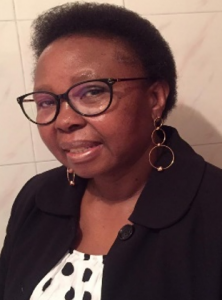
My research includes image-guided non-lethal sampling techniques that are beneficial for long term research where field settings can be assimilated in the laboratory environment. Ultrasonography, which provides direct, visual access to internal anatomy, has revolutionised access to biological data to monitor and diagnose changes in internal anatomy. The use of ultrasonography in conjunction with cytological and small biopsy samples in the analysis of histopathology in Orechromis mossambicus and Clarias gariepinus liver and other internal organs, is the core of my research.
- Email (@uj.ac.za): lolom
- Google Scholar Profile
- ResearchGate
Dr Lourelle Neethling
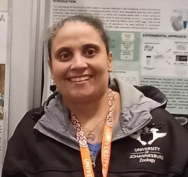
My current research focuses on the ecology of invertebrates in urban impoundments. I also have an interest in morphology and reproductive behaviour. My research relies on field work as well as microscopy in the laboratory.
- Email (@uj.ac.za): lneethling
- Google Scholar Profile
- ORCiD Profile
- ResearchGate
Dr Govan Pahad
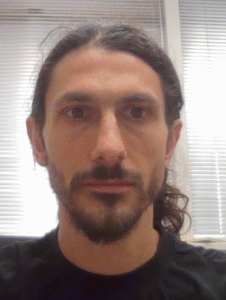
I am an ecologist who uses niche modelling software to understand how species are affected by past and future climate change, among other applications. I am also interested in animal behaviour research, particularly with regard to enrichment and welfare in captivity.
- Email (@uj.ac.za): gpahad
- UJ Research summary
- Google Scholar Profile
- ORCiD Profile
- Scopus Profile
- ResearchGate
Dr Nonny Vilakazi
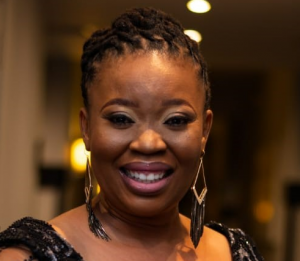
I specialise in palaeo-herpetology (fossil snakes and lizards) as a palaeontologist, aiming to uncover the stories of our ancestors through the study of “forgotten fossils” found in the Bolt’s Farm Karstic System within the Cradle of Humankind. By focusing on these fossils, she aims to understand the ecosystem and its evolution over time, utilizing reptiles as bio-indicators to gain insights into the palaeo environment and the changes that have occurred.
- Email (@uj.ac.za): nvilakazi
- Google Scholar Profile
Dr Amina Nel
My research focuses on the freshwater environment and water pollution with a special interest in water and sediment toxicity. Many of my research projects are done in collaboration with various industries and mines. Water and sediment toxicity form an integral link between the chemical aspects of the water environment and any possible effects thereof on the rest of the food chain.
- Email (@uj.ac.za): anel
- Google Scholar Profile
- Scopus
Dr Gavin Tweddle
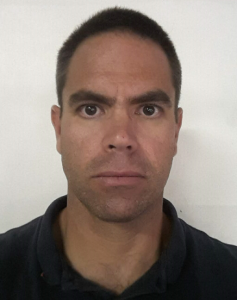
I have a background and interest in estuarine and marine ecology, typically temporarily open and closed estuaries. Currently, I am exploring various ways of utilising hydroponic and aquaponics within recirculating systems and dabbling in parasitology and microplastic research through departmental collaborations.
- Email (@uj.ac.za): gtweddle
- Google Scholar Profile
Dr Daniela Monsanto
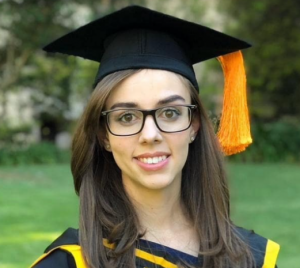
I am a geneticist who uses both genetic and genomic techniques to study ecological and evolutionary questions of springtails on sub-Antarctic Marion Island. This work allows us to identify the forces that impose strong selection pressures on organisms and the genes that experience selection in response to environmental change.
- Email (@uj.ac.za): danielam
- Google Scholar Profile
- ORCID
- Scopus
- ResearchGate

